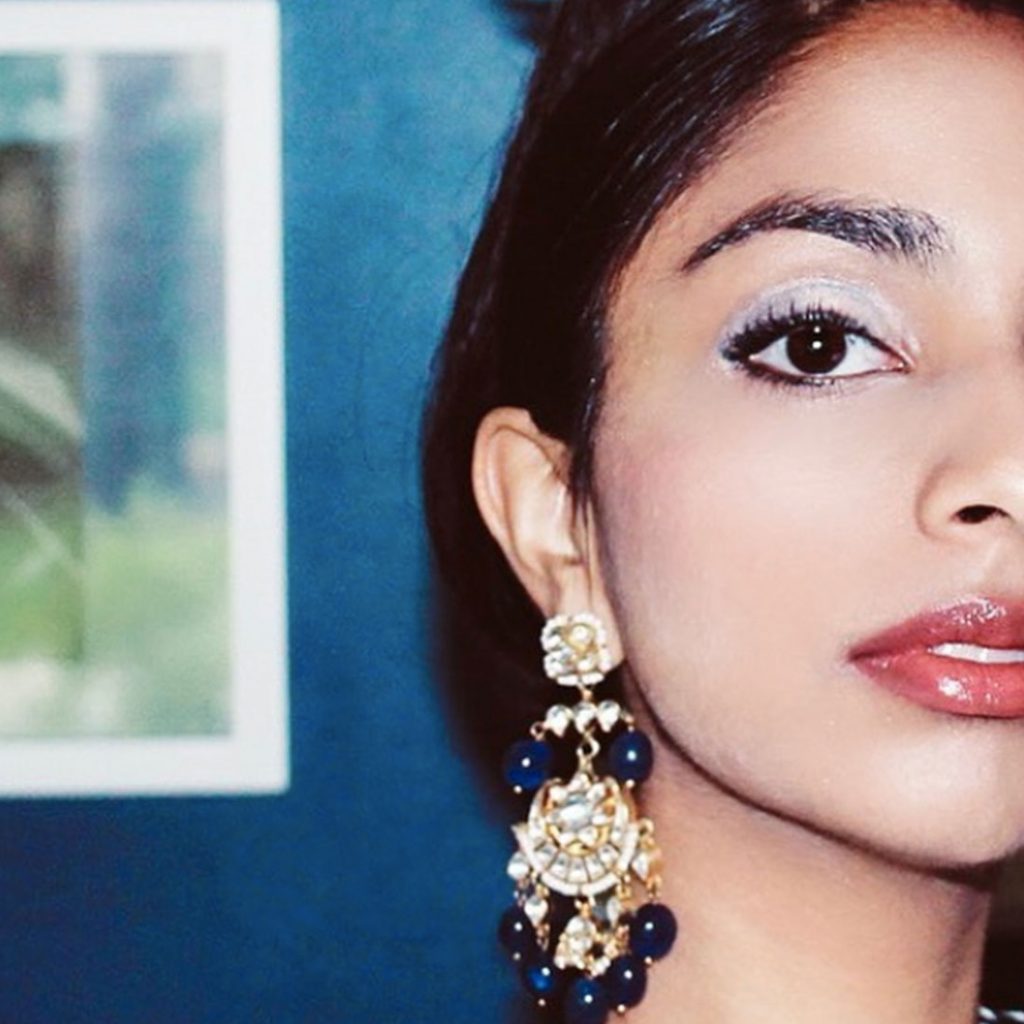
[Featured Image Credit: Malvika Sheth, Instagram]
I’m 6 years old, and much to my dismay, my mother decides to enroll me in Indian classical dance classes. I resist it, but as time passes, my appreciation grows. I realize the art form brings me closer to my cultural identity and helps me form a basis for which I can proudly commit to being different from others.
But, as my life went on, the environments around me inevitably changed, as did what was expected of me. While I was never one to conform to expectations, I genuinely believed dance, and a closeness and understanding towards my culture were only necessary for my childhood days, so that when I progressed, I didn’t “forget” what it meant to be Indian. Thus, I didn’t feel the need to openly express my cultural identity when I introduced myself to others — a side of myself that I spent so much of my time developing through going to my temple, attending dance classes, and partaking in Indian festivals/celebrations, to name a few.
Slowly but surely, I woke myself up to the reality behind my actions. I distanced myself from my culture because I thought it would help me succeed in life. In the past few years, especially as I’ve worked to build my career, I have been rejected and not readily accepted many a time for no apparent reason other than the fact that I was Indian. Historically, people of my culture haven’t been given many opportunities. This made it hard for others to “take a chance on me”, I presumed. If that was true regardless of whether or not I expressed my culture, then why was I hiding it at all? Why did I always feel that I needed to silence that Indian music-loving, Hindi-film watching, Bharata Natyam dancer that I was?
[Read More: Cultural Identity and the Insecurities Associated With Naming]
I ask myself this, even today, when I have a moment of fear posting clips or snippets of myself dancing. It’s not just that doing so would be “breaking new ground,” since a multi-faceted Indian girl really has not been represented in mainstream media before, but it’s actually out of fright that it would work against the advancement of my career. In my search for a manager for Stylebymalvika and the incoming business opportunities, I came across not one, not two, but several agencies that claimed to love my sense of style, yet stated that I wasn’t “what they were looking for.”
When they alluded to me, instead of my style or capabilities, I knew there was something deeper going on. After some reflection and research, I realized most of their rosters were blonde-haired, fair-skinned individuals. A few of them had the one-off African American talent, so as to merely “tick off” the diversity box. While this frustrated me, it made me realize that I couldn’t place my self-worth, life’s direction, and voice in the hands of someone else — ultimately, it made no difference what I did, I couldn’t tip the odds in my favor. I was who I was, and I might as well take pride in that.
This place — of learning to take pride in something — felt familiar. It was the same feeling that encumbered me as I eased into loving Bharata Natyam — from an apprehensive child to a passionate woman learning to love the art of expression.
As each day passes now, I actively think about how to express my cultural identity amidst the American/Westernized side of who I am on my platform. Whether that means sharing anecdotes/memories from my dance, moments when I’m excited to go watch a new Hindi film, or am simply wearing an Indian outfit. I no longer want this part of myself to hide under a shell.
[Read More: ‘You Speak Hindi, Right?’: How College Taught Me to Embrace My Unique Cultural Identity]
I wore flowers from my Indian Classical Dance ensemble in my hair during fashion week this past February.
I regularly mix jhumkas into my daily looks.
And you know what — people appreciate that it’s different!
I say to all of those who find themselves feeling out of place and unwanted — in any way, shape, or form — express all sides of your culture. It pulls in support, inspires others, humanizes you, and, quite frankly, makes you that much more interesting. Those who are scared off by it weren’t meant for you in the first place.




